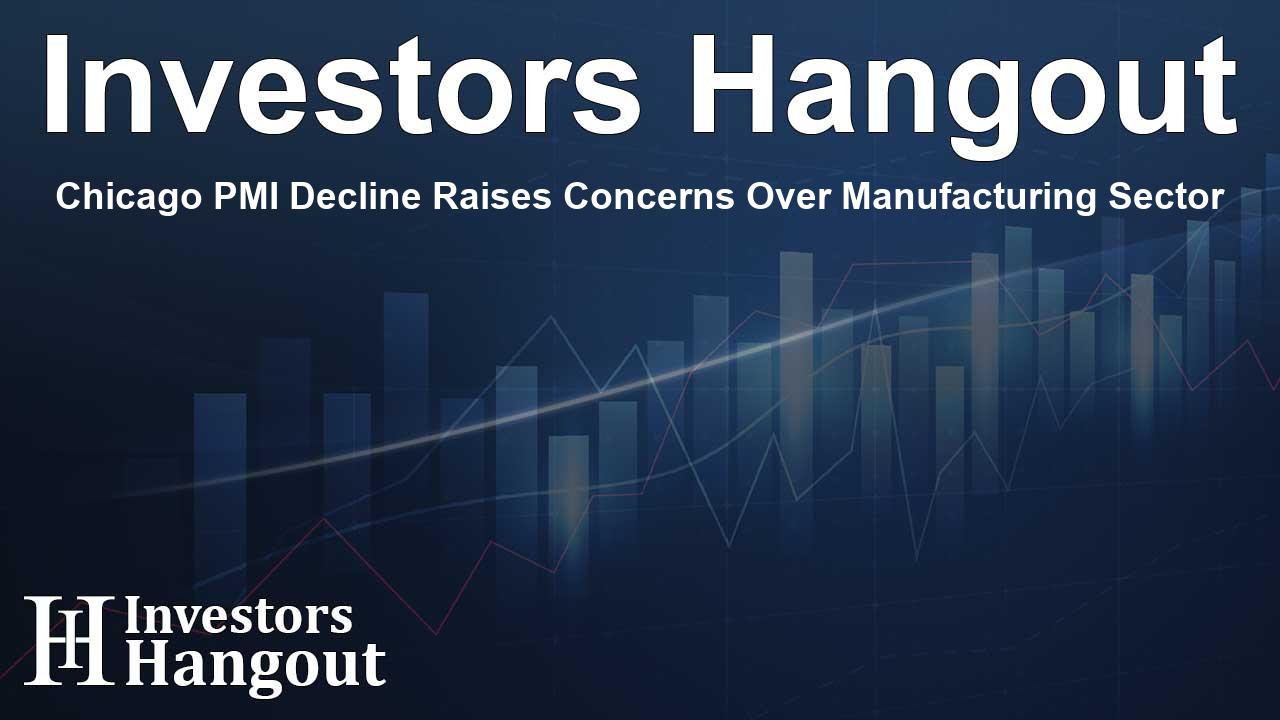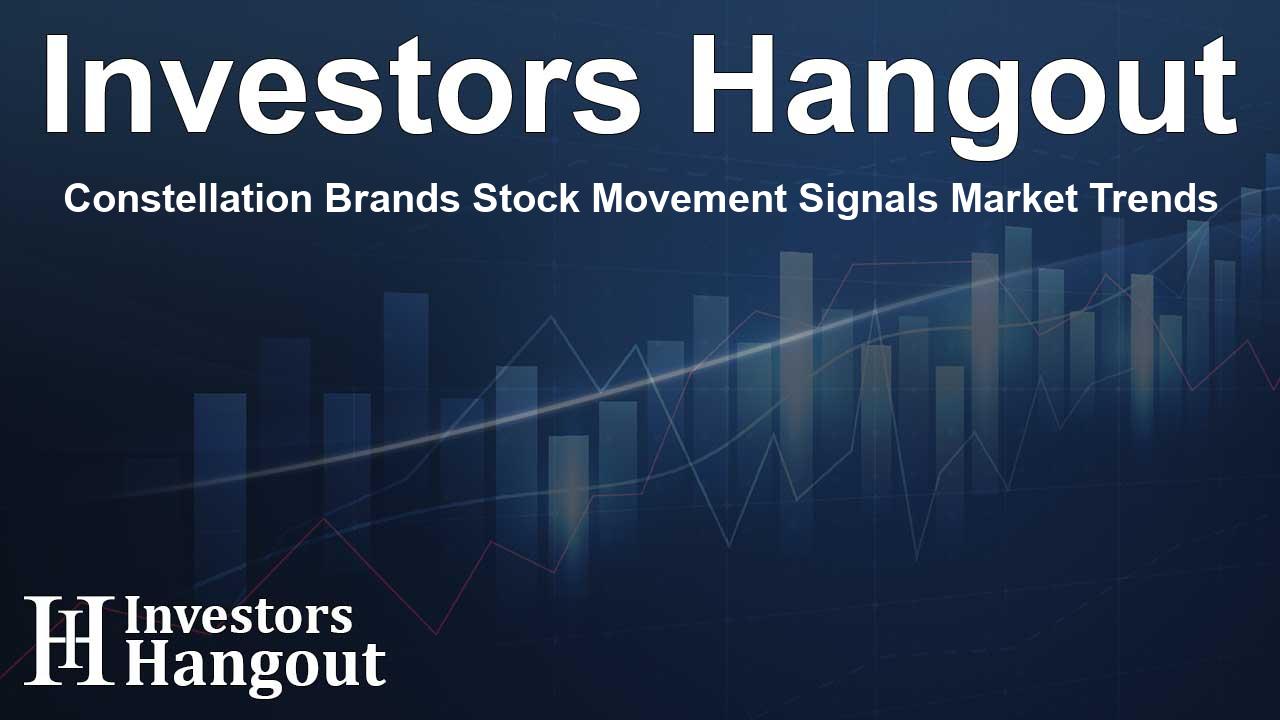Chicago PMI Decline Raises Concerns Over Manufacturing Sector

Current State of the Chicago Manufacturing Sector
The Chicago Purchasing Managers' Index (PMI) serves as a vital indicator for assessing the health of the manufacturing industry in Chicago. Recently, this index reported an unexpected decline, signaling potential challenges ahead. The latest PMI reading stands at 41.6, indicating a contraction within the sector.
Understanding the PMI and Its Implications
A PMI figure below 50 indicates contraction, and with the current reading of 41.6, the Chicago manufacturing sector is clearly underperforming expectations. Analysts had forecasted a PMI of 46.9, reflecting a more optimistic outlook. The reality of a 41.6 reveals a harsher picture of rapid contraction than was anticipated by economists.
Comparative Analysis with Previous Months
When looking back at last month's PMI of 46.6, which was already below the expansion threshold, the current figure of 41.6 signals a more severe downturn. This decrease of nearly five points illustrates a significant deterioration in the sector's performance.
Potential Economic Ramifications
The implications of this trend may extend beyond the manufacturing sector. A continued decline could affect economic confidence and potentially slow down growth in related sectors. Given the importance of the manufacturing industry to the broader economy, stakeholders will need to monitor this situation closely as new data emerges.
The Role of the Chicago PMI in Economic Forecasting
The Chicago PMI is not only a regional indicator but also serves as a precursor to the national manufacturing PMI released by the Institute for Supply Management (ISM). A lower-than-expected reading could suggest challenges on a national scale, potentially influencing economic policy and market sentiments.
Market Reactions and Future Monitoring
While the current contraction raises flags, it’s crucial to understand that PMI readings can fluctuate due to various factors. Investors and market analysts will likely scrutinize future data for signs of recovery or further decline. Upcoming releases will be pivotal in shaping expectations for the next quarter.
Final Thoughts
The Chicago PMI's recent decline to 41.6 raises significant concerns about the trajectory of the manufacturing sector. This contraction is a stark reminder of the uncertainties that can impact economic growth. As we move forward, watching how this situation develops will be key to understanding its broader implications for the economy.
Frequently Asked Questions
What does a PMI below 50 indicate?
A PMI below 50 indicates that the manufacturing sector is contracting rather than expanding.
Why is the Chicago PMI important?
The Chicago PMI is a leading indicator of the manufacturing sector's health and can help forecast national economic trends.
What is the recent trend in Chicago's manufacturing sector?
Recent data shows that the manufacturing sector in Chicago is experiencing significant contraction, with the latest PMI reading at 41.6.
How often is the Chicago PMI released?
The Chicago PMI is typically released on a monthly basis, providing insights into manufacturing trends.
What might this contraction mean for the broader economy?
Continued contraction in manufacturing could signal lower economic growth rates and might impact employment and investment levels in related sectors.
About Investors Hangout
Investors Hangout is a leading online stock forum for financial discussion and learning, offering a wide range of free tools and resources. It draws in traders of all levels, who exchange market knowledge, investigate trading tactics, and keep an eye on industry developments in real time. Featuring financial articles, stock message boards, quotes, charts, company profiles, and live news updates. Through cooperative learning and a wealth of informational resources, it helps users from novices creating their first portfolios to experts honing their techniques. Join Investors Hangout today: https://investorshangout.com/
Disclaimer: The content of this article is solely for general informational purposes only; it does not represent legal, financial, or investment advice. Investors Hangout does not offer financial advice; the author is not a licensed financial advisor. Consult a qualified advisor before making any financial or investment decisions based on this article. The author's interpretation of publicly available data shapes the opinions presented here; as a result, they should not be taken as advice to purchase, sell, or hold any securities mentioned or any other investments. The author does not guarantee the accuracy, completeness, or timeliness of any material, providing it "as is." Information and market conditions may change; past performance is not indicative of future outcomes. If any of the material offered here is inaccurate, please contact us for corrections.









